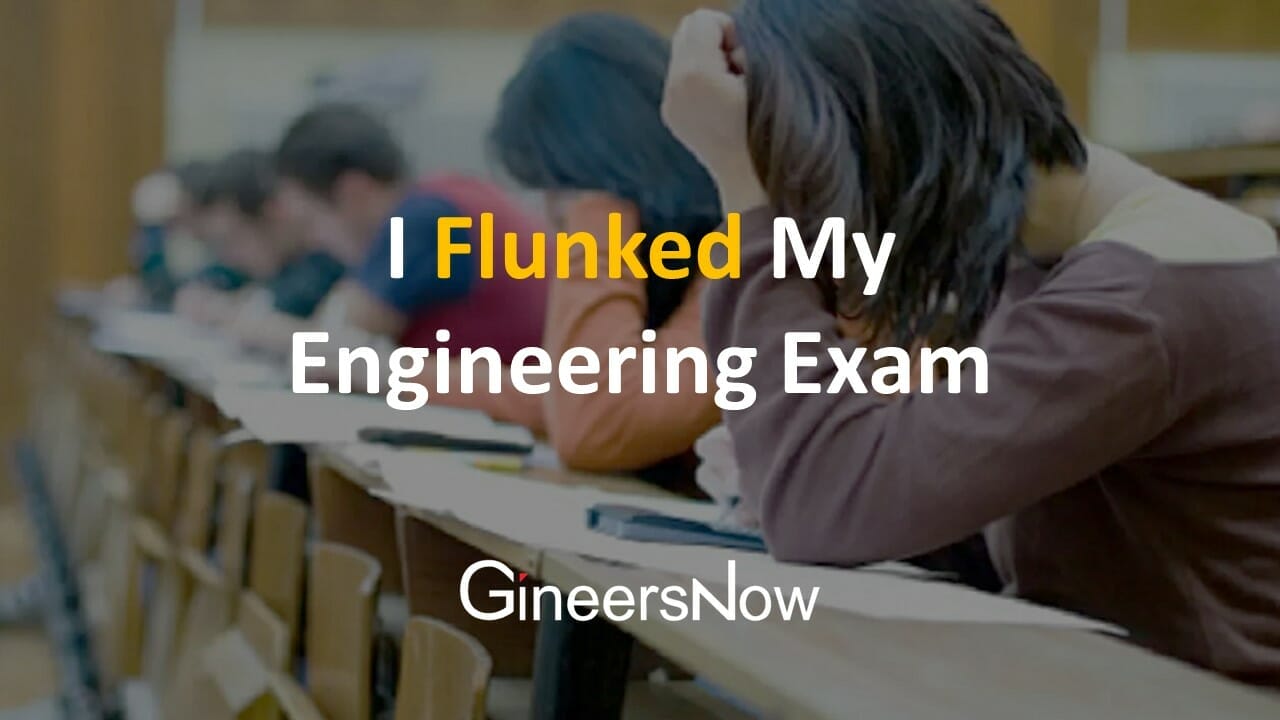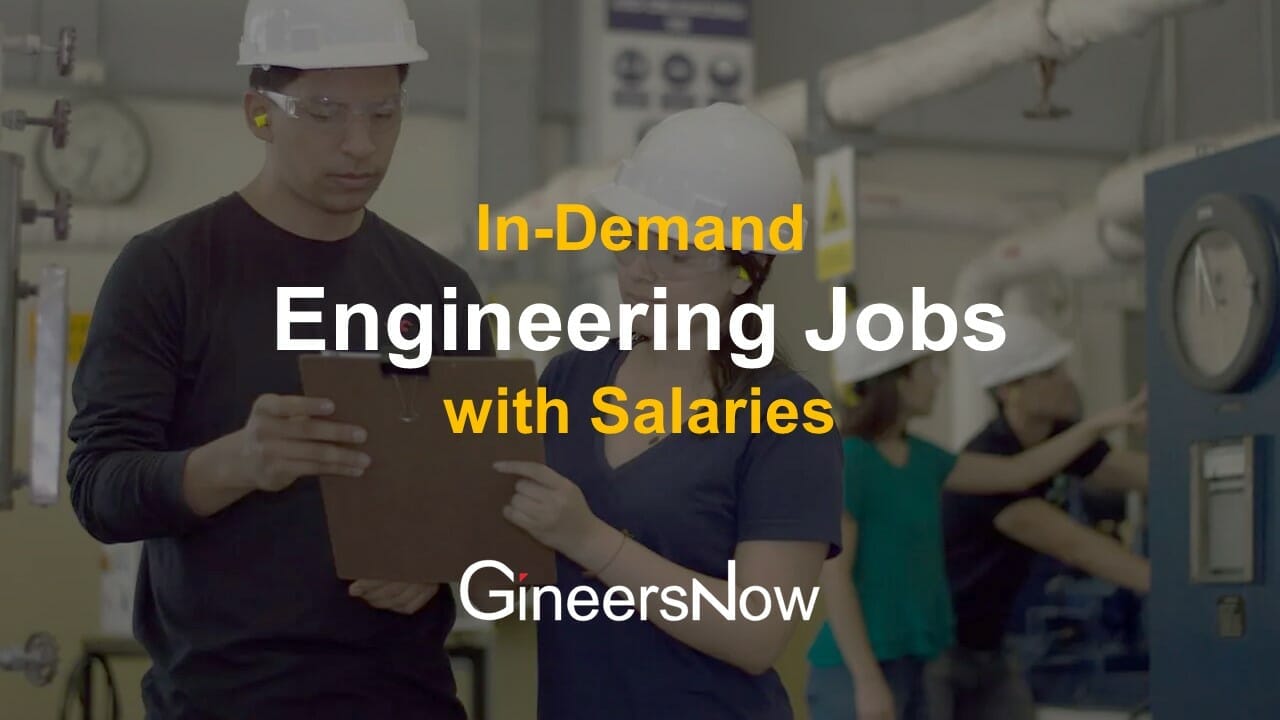How customer service looks like in a post covid-19 era
We live in very ambitious and driven countries underpinned by strong leadership. Majority of governments around the world are very clear that delivering the best government services in the world for its citizens is central to its future; and we see this embedded in their stated respective visions.
Although many government services in the APAC region have traditionally been kept in-house, given the current economic climate and drive for more efficiency, we are now supporting governments in APAC, as we do worldwide, to deliver an improved level of citizen satisfaction and enhanced experience, but in a more cost effective way.
One of the previous blockages to outsourcing these services has focused on data sensitivity and/or the complexity of the cases trying to be resolved – whether it be about employment and skills, pensions, health or justice. These processes often come with documentation, enrollment standards, eligibility criteria and more – often leading to citizen confusion, frustration from delays and data inaccuracy into systems.
Whilst naturally the outcome is the main priority (i.e completing the process in a post covid-19 era), the journey each citizen goes through to get to this point is unique and it has to be excellent for each of them.
Citizens at the heart of the experience
To really succeed with complex case management, the focus has to be on the citizen and their experience. We must perform the transactions required with high trust, reduced time and ease of access: yes with a cost efficient process, but by starting on designing the process, systems and training, we can focus on the customer experience first.
As we look towards a post COVID-19 world, we ask can delivering best-in-class services become a challenge in the wake of governments driving to make further reductions in cost and seeking more financial efficiencies?
As economies look to recover as quickly as possible from the coronavirus pandemic, citizens will want even more convenient, high quality services that they can access at any point of the day remotely. We need to look at how the demand can be serviced simultaneously, whilst tackling the drive for generating cost savings in tandem.
Every citizen is unique in post covid-19 era
With every citizen being different, there is a need to be able to have the right type of technologies and processes in place to cater to what each person is most comfortable with. Some people may prefer pen and paper and more digitally savvy people may be very comfortable with using their smartphones.

So, there is a need to have an innovative case management programme and associated systems/platforms that provide omnichannel access to efficient services. At the same time, there also needs to be an ability to tailor interactions to each citizen’s preferences.
This has driven and continues to drive huge technical innovation from AI chatbots to human-like intelligent voice response. That said, nothing will ever replace the need for high quality human interaction, especially when dealing with secure and sensitive government services which can be highly personal, emotive or complex.
The highly-trained human element in post covid-19 era
Traditionally, the region has seen contact centres being built around lowering the cost and driving efficiency by accepting a lower quality of interaction, training and more – either offshoring abroad or even on shore. However, people are not willing to accept that anymore, particularly in a post-COVID world, we expect people to become even less accepting of the low-cost, low-quality contact centre model. Couple this with the upcoming need to outsource even more complicated and sensitive government services and there is a new need for a sophisticated, highly trained and qualified human service amidst the prevalent digitisation of government services.
The sweet spot comes where technology is seamlessly blended with that high quality human element. It is in striking a careful balance between the deployment of leading-edge technology in a post covid-19 world and the provision of smooth access to interaction with highly-trained humans, that we can find provide the increased efficiency and cost savings governments are striving for. And this goes hand-in-hand with the personal, trusted, swift service that citizens of today are demanding.
Citizen Service in action in a post covid-19 era
One example of this is the Affordable Care Act (otherwise known as ObamaCare) service that we deliver for the US government, where we give advice, establish eligibility and connect citizens to suitable medical insurance. In the first two years (from 2013) we needed almost 5,000 people to deliver the service. Year on year, with our self-driven continuous improvement programme, focused on the deployment of a wide range of the latest technology, we now only need around 2,100 people to be able to do that work.
Not only is our workforce now smaller (and so the cost to government), but the quality of the service and citizen satisfaction measures are all much higher. This is even whilst we are dealing with a higher volume of transactions per month than we did in 2013, with previously more than double the staff.
Broadly then, with Intelligent Automation, we are not replacing the knowledge worker in a post covid-19 world, but we are reducing the amount of time they are needed for within the case handling flow. This means when human intervention does occur, the knowledge worker is a highly competent
individual and has the tools to rapidly and accurately help the individual through what can often be complex process (whether courts to immigration, taxes to healthcare).
The “new normal” we will see as we emerge from this global pandemic gives rise to the potential for a focus on elements which drive economic recovery such as a stronger, fresh approach to supporting jobs, skills development and enterprise support. Regardless of its service focus, it will certainly only give more urgency to deliver the promised government service changes, including its outsourcing to the private sector to enhance value for money and leave citizens happier than ever with their government.


















